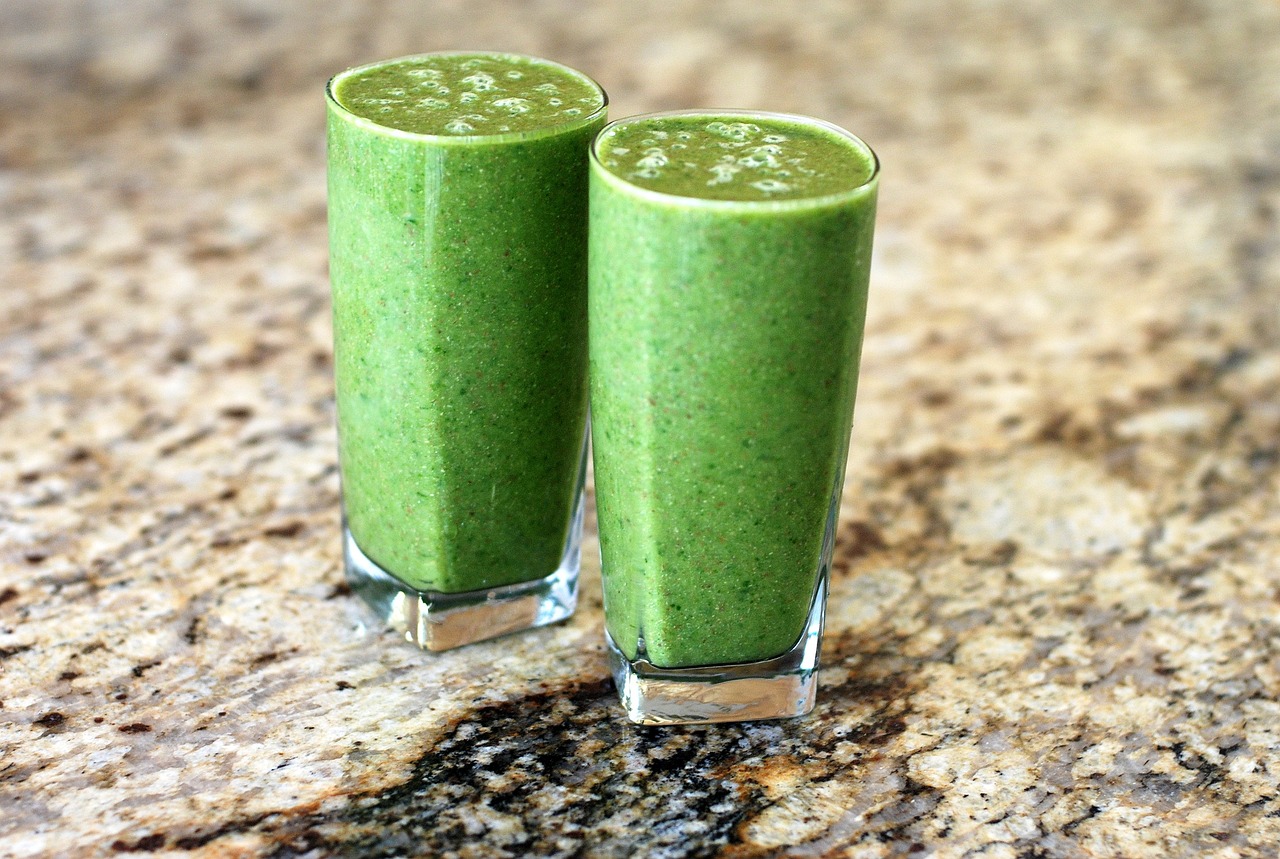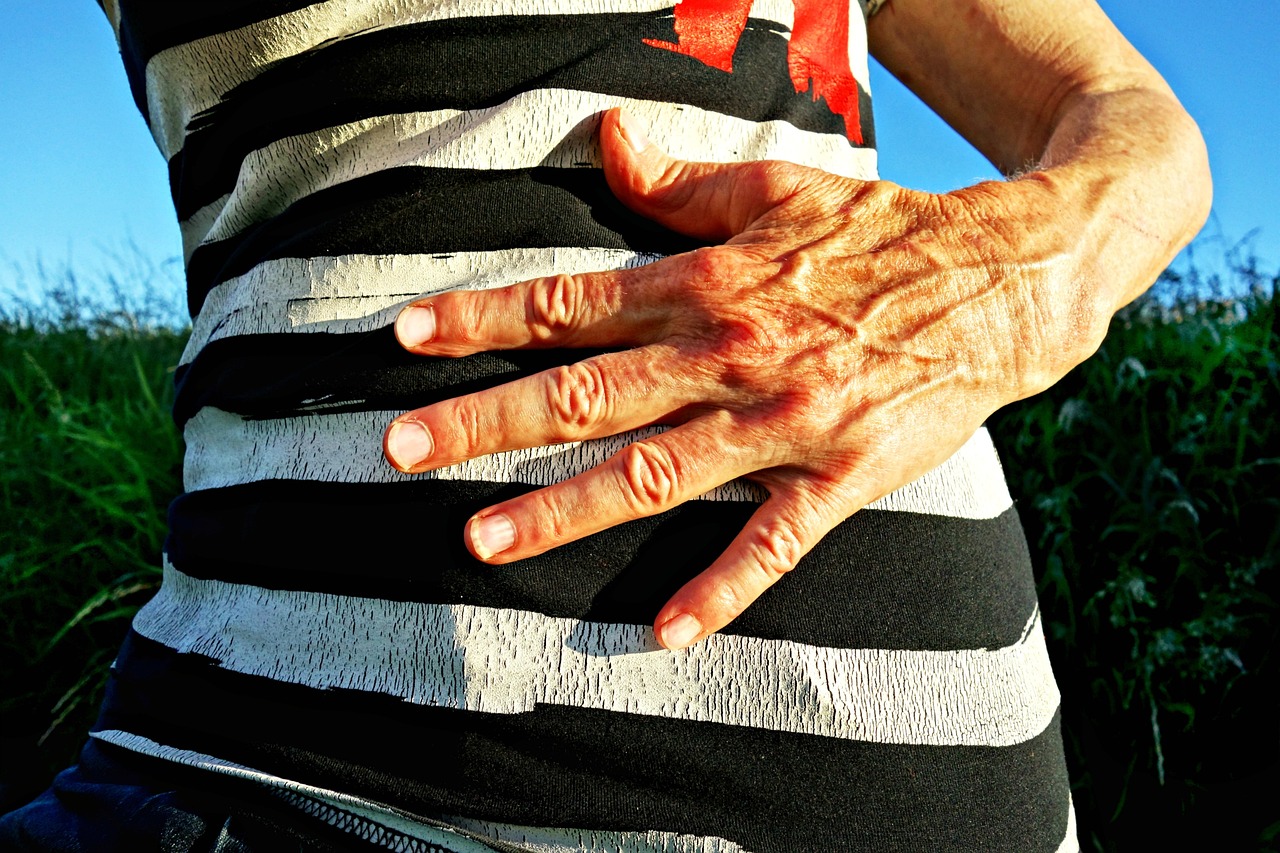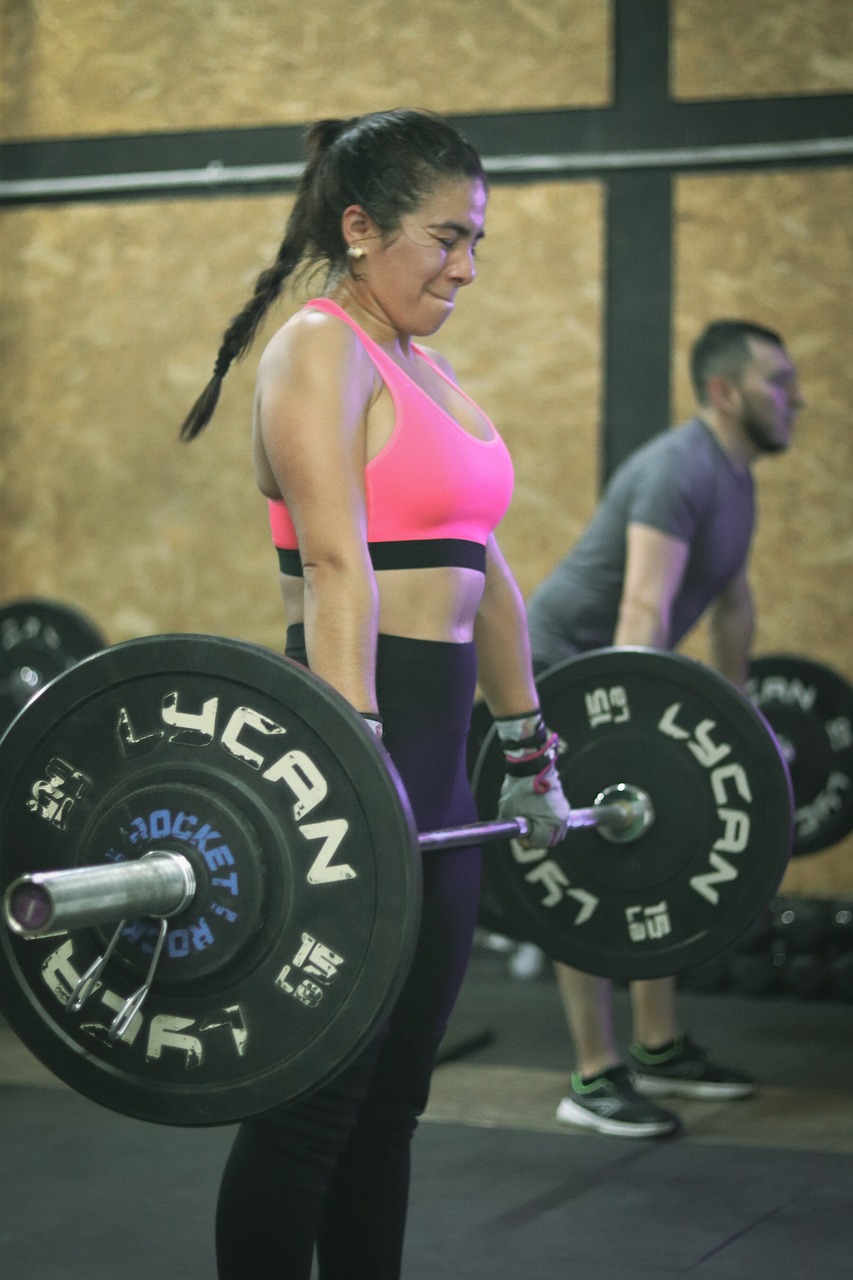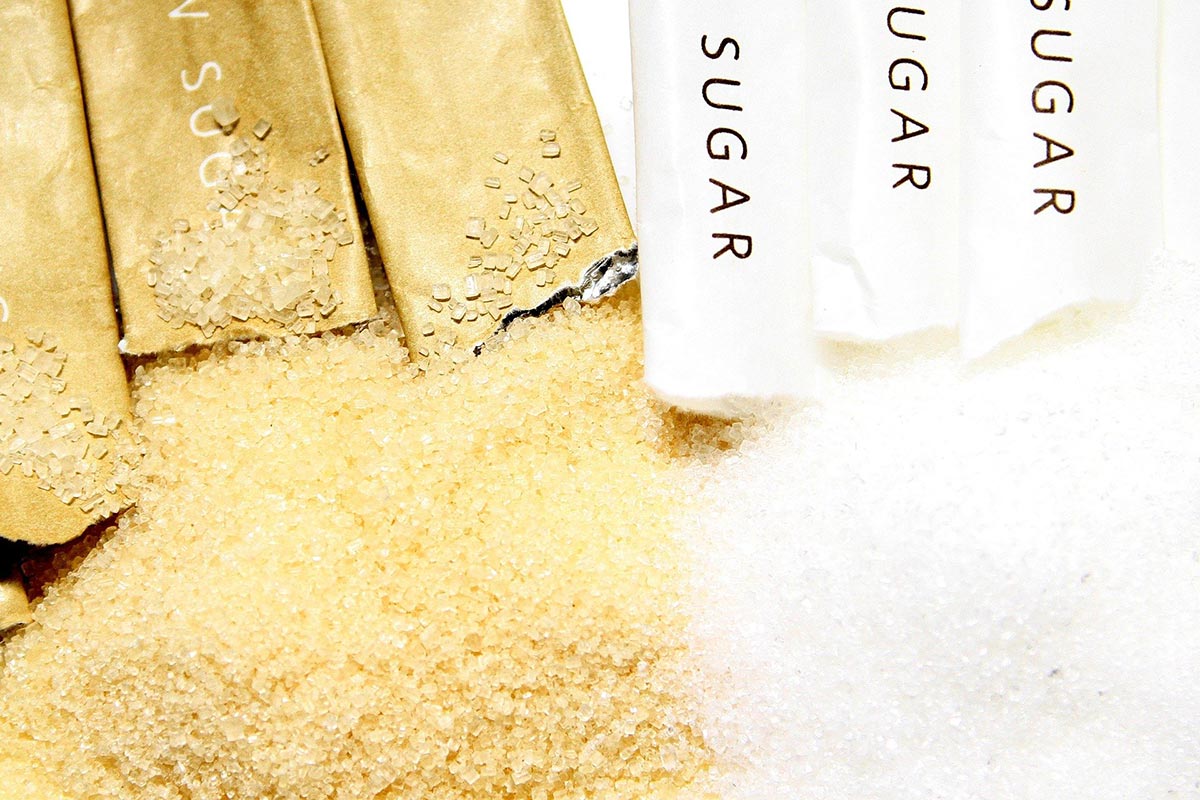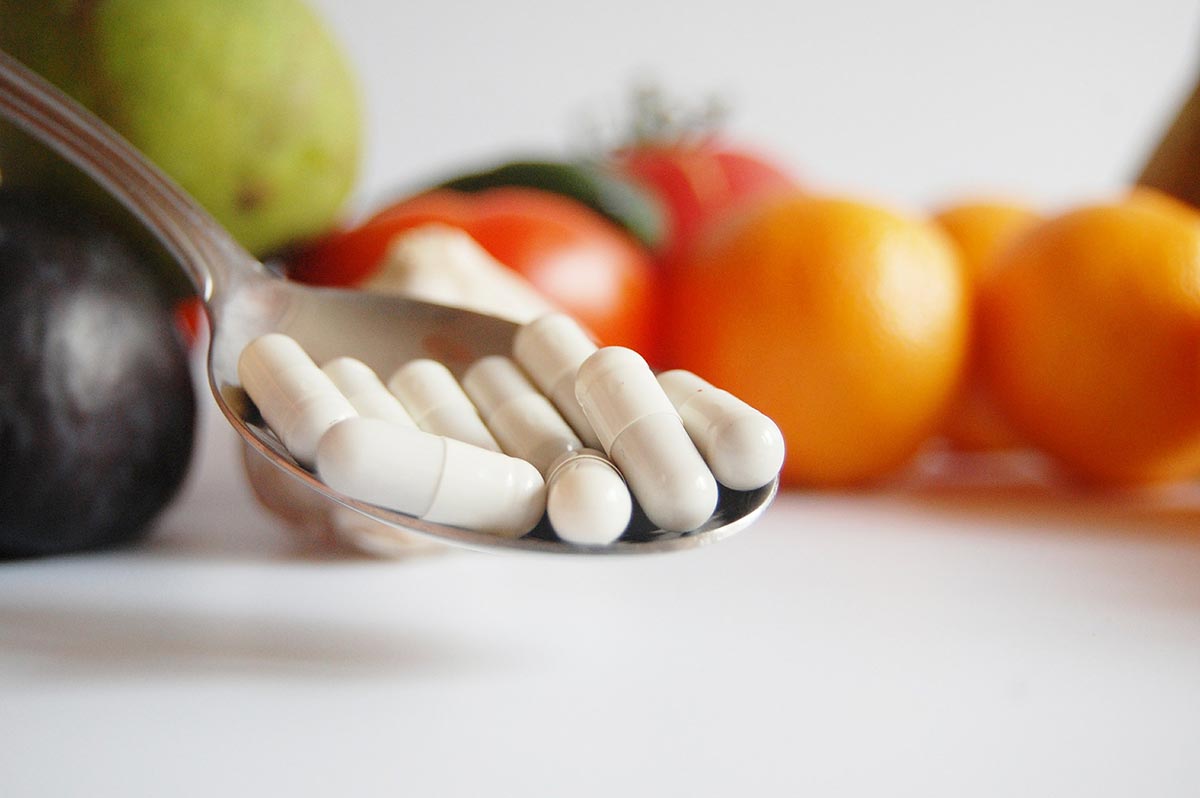The Protein Puzzle: Do Athletes Need More?
For years, the idea that athletes don’t require extra protein was widely accepted. But science evolves, and so does our understanding of nutrition. Today, research confirms that athletes, whether endurance runners or strength trainers, need more protein than sedentary individuals. However, the required amount is often overestimated, leading to unnecessary protein consumption.
What Does the Research Say?
According to a comprehensive review published in *The Physician and Sportsmedicine*, strength athletes need approximately 0.6 to 0.8 grams of protein per pound of body weight (1.4 to 1.8 grams per kilogram). This means a 140-pound athlete requires 84 to 112 grams of protein daily, while a 200-pound athlete should aim for 120 to 160 grams.
The lower end of this range is sufficient for maintaining muscle mass, while the higher end supports muscle growth during intense training. This dispels the myth that athletes need extreme amounts of protein, as often promoted by fitness media. Instead, moderation and precision are key.
Are You Eating Too Much Protein?
The average diet in many countries, particularly in the United States, already includes ample protein. Most people consume more than enough to meet their needs, even when engaging in strenuous physical activity. For instance, a standard diet with balanced portions of meat, dairy, legumes, and grains typically covers the protein requirements of even the most dedicated athletes.
Overconsumption of protein can have downsides, including increased caloric intake, potential kidney strain, and nutrient imbalances. Instead of piling on protein shakes and bars, focus on high-quality sources like lean meats, fish, eggs, tofu, and legumes.
Gender Differences in Protein Needs
Protein requirements also vary between male and female athletes. On average, women have less muscle mass and more fat compared to men, which translates to lower protein needs. Female endurance athletes require about 25% less protein than their male counterparts. Female strength athletes, however, need slightly more than endurance athletes, given their focus on building muscle.
It’s essential for female athletes to calculate their protein intake based on their unique body composition and training goals, rather than adopting generalized recommendations.
How to Optimize Your Protein Intake
To ensure you’re getting the right amount of protein, spread your intake throughout the day. Include a high-quality protein source with every meal or snack. For example, start your day with eggs or Greek yogurt, enjoy a chicken or tofu salad for lunch, and include fish or lean beef at dinner. Protein-rich snacks like nuts or a small protein shake can support recovery between meals.
Athletes should also prioritize overall dietary balance. Carbohydrates and fats are equally vital for energy and recovery, so don’t let a focus on protein overshadow other macronutrients.
Takeaway: Balance Is Everything
While protein is undoubtedly crucial for muscle repair and growth, the “more is better” mindset isn’t backed by science. Most athletes already consume enough protein through a balanced diet. Focus on quality, moderation, and consistency to meet your nutritional needs without overloading your body.
Remember, nutrition is about supporting your goals sustainably. Whether you’re a casual gym-goer or an elite athlete, smart dietary choices will fuel your performance and long-term health.
© 2024 Fitness Insights. All rights reserved.
